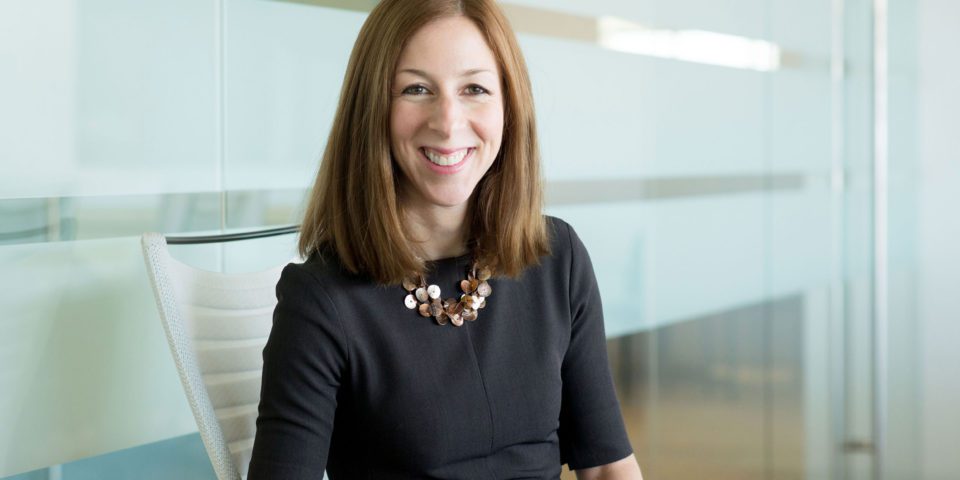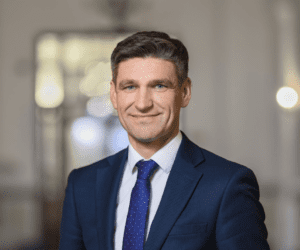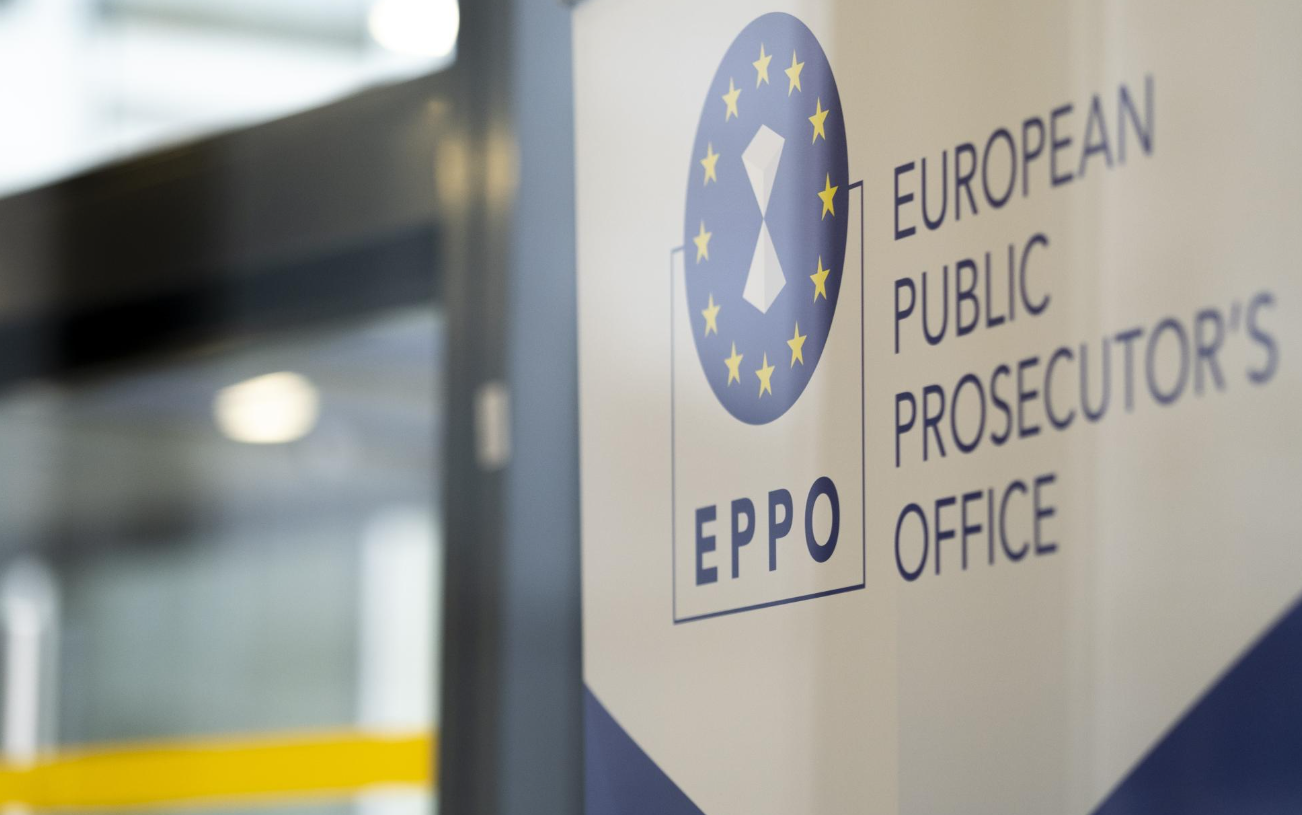By STEPHEN RAE for AML Intelligence
THE OFFICIAL in charge of the United States’ AML/CFT efforts has issued a call to action to compliance professionals to pull out all the stops in identifying the hidden assets of Russian oligarchs and kleptocrats.
Elizabeth Rosenberg (pictured), Assistant Secretary for Terrorist Financing and Financial Crimes at the US Treasury Department delivered a powerful address to Anti-Financial Crimes (AFC) professionals at a conference in the US.
The speech, when pulled together with efforts at the European Commission in Brussels and at FATF in Paris mark what could be a new dawn for Compliance and AFC professionals.
“We must deny them the quarter of anonymous shell companies, the safety of golden passports, and the shadows in which to hide their wealth – secret real estate transactions and million-dollar works of art,” said Rosenberg of Russia’s elite.
“In other words, we must pull down the golden mask that Russian kleptocrats and oligarchs have used to traverse the globe with privilege and immunity these past several decades. We must deny them the benefits that corrupt power and stolen wealth have purchased for them,” she rallied.
History had now “thrust the compliance sector into the center of events. Things are changing quickly, and they’ve never been more important at any point since 9/11,” she urged.
Rosenberg said “geopolitical events are evolving fast, and we need financial institutions more than ever to act swiftly as we in the government are pushing out new designations and advisories almost daily.”
‘We need you to quickly understand your exposure to individuals, on the other side of this conflict. I am specifically referring to how you think about risk and enhanced due dilligence when it comes to Russian oligarchs and kleptocrats who may not have been priorities for your compliance efforts in early February’
Banking and financial services AFC must quickly understand exposure to Russian money and assets.
“I am specifically referring to how you think about risk and enhanced due dilligence when it comes to Russian oligarchs and kleptocrats who may not have been priorities for your compliance efforts in early February but are now crucial players, supporting Putin’s power structure,” she said.
Rosenberg outlined how the US, EU, UK and others in the west were building out the systems to collect data on Russian money, including:
- G7 nations with the EU and Australia have launched the Russian Elites, Proxies and Oligarchs (REPO) Task Force. REPO’s mandate is to take every step to find, restrain, freeze, and where appropriate, to confiscate the assets of those who have been sanctioned in connection with Russia’s invasion of Ukraine.
- US Treasury has launched the Kleptocracy Asset Recovery Rewards Program—or KARR program. This is the oligarch tip line (and also e-mail inbox), where the public can provide information leading to the seizure of assets linked to Russian government corruption.
- FinCEN has issued two important advisories to help those in compliance better identify Russian sanctions evasion and suspicious financial activity including through real estate, luxury goods, and other high-value assets.
She told delegates at the ACAMS Hollywood conference last week that she felt heartened at the pace the private sector has taken on the fight against Russian illicit assets.
“Major financial institutions and financial service providers have joined the hundreds of companies that are suspending or outright withdrawing from Russia. It’s an enormous, very rapid wave of de-risking. You can’t buy a Big Mac in Moscow anymore. Or Russian oil in Florida. The world’s largest country has become an economic island,” she said
Earlier Rosenberg told how she has spent the last few weeks since the Russia invasion of Ukraine in windowless rooms, including in Europe and the White House pouring over the details of sanctions on Putin and the Kremlin inner circle.
“Sometimes in public service, it’s easy to forget why you do the work. It can be a job just like any other. But this isn’t one of these times. This is a moment of moral clarity for those of us in public service,” she said Monday.
‘The Russian elite are extremely adept at hiding their wealth. Our compliance efforts couldn’t be up against a tougher adversary, and we will not find their assets if the financial intelligence remains fractured – with some data at Treasury, other data in your compliance offices. We need all the puzzle pieces’
Rosenberg said “there is a big and powerful homefront – it includes a large collection of allies who are all taking significant actions to deny Russia the opportunity to earn or access money to sustain its brutal invasion.”
This group included AFC and AML professionals across the globe.
The evolving situation also meant that the US must revisit FinCEN advisories and the Banking Secrecy Act to make processes against illicit assets more potent.
Like others in the European Commission and FATF, she said this meant that “BSA/AML compliance cannot be a check-the-box function. “
“It can’t be something that financial institutions manage with any measure of passiveness, only adapting once there is a directive from government – or worse, only adapting once they’ve seen a bad actor slip through the gaps,” said Rosenberg
“Geopolitical events are evolving fast, and we need financial institutions more than ever to act swiftly as we in the government are pushing out new designations and advisories almost daily.
“Things used to happen more linearly – Treasury would release sanctions. You’d take time to review and understand them. Then adjust your compliance efforts accordingly. We don’t have the luxury of that leisure anymore. Everything is happening in real-time, simultaneously, and we must move quickly in order to block those that fund and support Russia’s war against Ukraine.
“Second, we need the public and private sectors to share more information, more quickly – and build new methods to facilitate that sharing. We must improve information sharing across borders, between financial institutions, and with the government.
‘We’re working on new rules for real estate disclosures, to prevent money launderers from hiding behind large all-cash residential property purchases. And we’re ensuring that these principles are taken up by the wider world.
“The Russian elite are extremely adept at hiding their wealth. Our compliance efforts couldn’t be up against a tougher adversary, and we will not find their assets if the financial intelligence remains fractured – with some data at Treasury, other data in your compliance offices. We need all the puzzle pieces.
Rosenberg added that officials are working hard to close loopholes, particularly around beneficial ownership.
She said the US was now “building a beneficial ownership database – a list of who owns what companies, including shell companies – so kleptocrats and criminals can’t hide their wealth here.
“We’re also working on new rules for real estate disclosures, to prevent money launderers from hiding behind large all-cash residential property purchases. And we’re ensuring that these principles are taken up by the wider world. We’ve worked with the Financial Action Task Force to revise the standard on beneficial ownership, which was adopted last month. But of course, this is just the beginning. We need all countries to do more.
“Beyond these money laundering loopholes, I am also particularly concerned about the golden passport loophole.
“Right now, around the world, there are fourteen known citizenship-by-investment programs – CBI programs. Essentially, you can be a foreign national but quickly gain citizenship (and the associated passport) of a different nation, if you buy real estate there. Or you can invest in a local business or government fund.
“Many of these programs are legitimate. The countries need them to raise revenue and attract capital, but they have also been abused. Jho Low, the financier known as the Malaysian whale, pillaged that country’s sovereign wealth fund – then escaped capture — by using various official government identity documents. He had Cypriot, Maltese, and St. Kitts & Nevis passports.
“We cannot let that happen. We cannot allow these people to continue to abet and commit crimes. We cannot let these “citizens” fund and assist Russia’s illegal and immoral war effort.
“Not everyone works a job that gives them the chance to effect the course of history. It’s probably pretty rare when that happens. Perhaps Secretary Yellen, who has been a brilliant leader in the economic response to Russia’s war, did not expect it. Perhaps some of you, when you got into this business, didn’t expect it either.
“But here are we are. So many of you have reached out to us at the U.S. Treasury Department because you want to do your part to oppose and condemn Russia’s brutality in Ukraine. You tell us that you see your work as part of the broader effort to deny Russia financial safe haven in the face of expansive international sanctions.
“The fate of Ukrainian democracy and the strength of democracies to push back against autocracy writ large depends on whether we do our jobs – and whether you do AML and Russian sanctions compliance work well,” Rosenberg urged.
There is no denying the passion exhibited by Rosenberg.
Now it remains for the words to be followed by resources and action.
Compliance and AFC professionals will heed the call – but will be looking to be backed up with bandwidth in their teams and in terms of budgets.
This is a crisis that cannot be lost in the long overdue quest for a more resilient global structure to fight illicit assets and dirty money.
And of course the opportunity cannot be missed to rope in the PR spinners, lawyers and accountants who have become wealthy on Russia’s dirty money. They are the ones who have created the impenetrable trusts and shell companies that have allowed the oligarchs and kleptocrats evade CDD and law enforcement oversight.
Responding to the AML Intelligence coverage of Rosenberg’s address, AFC expert Jim Richards commented on LinkedIn: “I suspect that the the Russian elite are not adept at hiding their wealth: their bankers, lawyers, accountants, company formation agents, hedge fund barons, yacht brokers, and other Proper Villains are extremely adept, and make millions in fees from, hiding their client oligarchs’ and kleptocrats’ wealth.
“The ‘big and powerful homefront … taking significant actions to deny Russia the opportunity to earn or access money to sustain its brutal invasion’ does not incude these professional enablers, these Proper Villains. Yes, it does include AFC and AML professionals across the globe,” said Richards.
Fair point.
And one that has to be addressed sooner rather than later.











